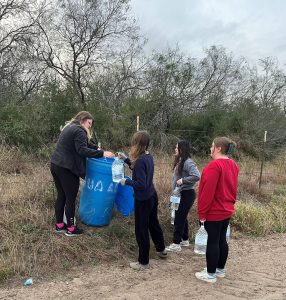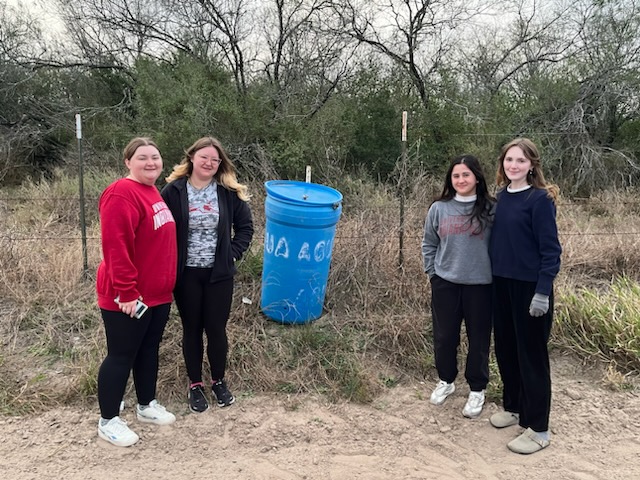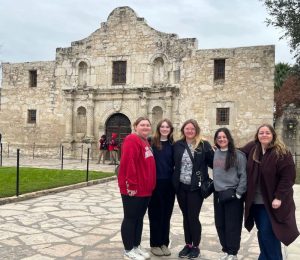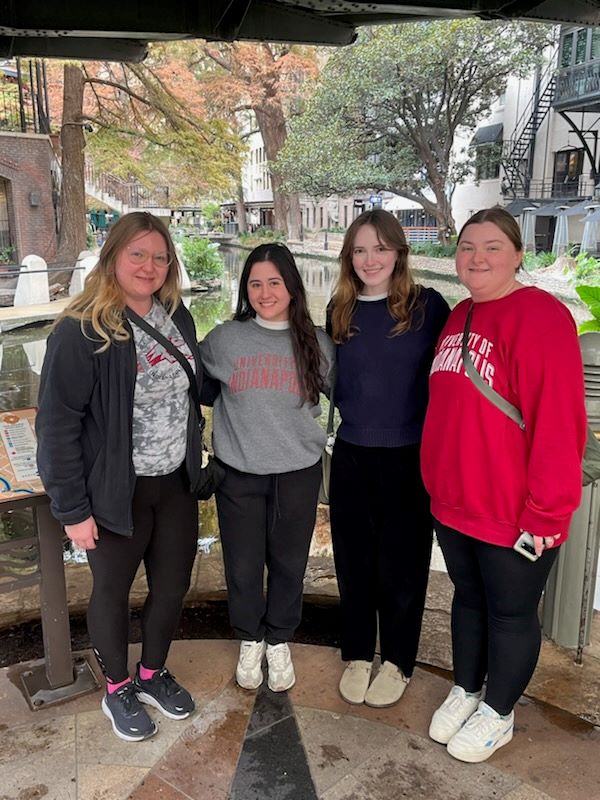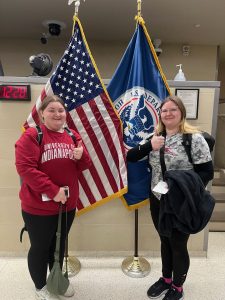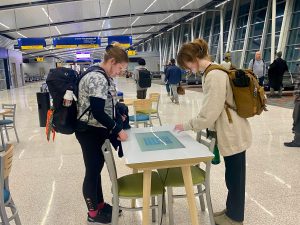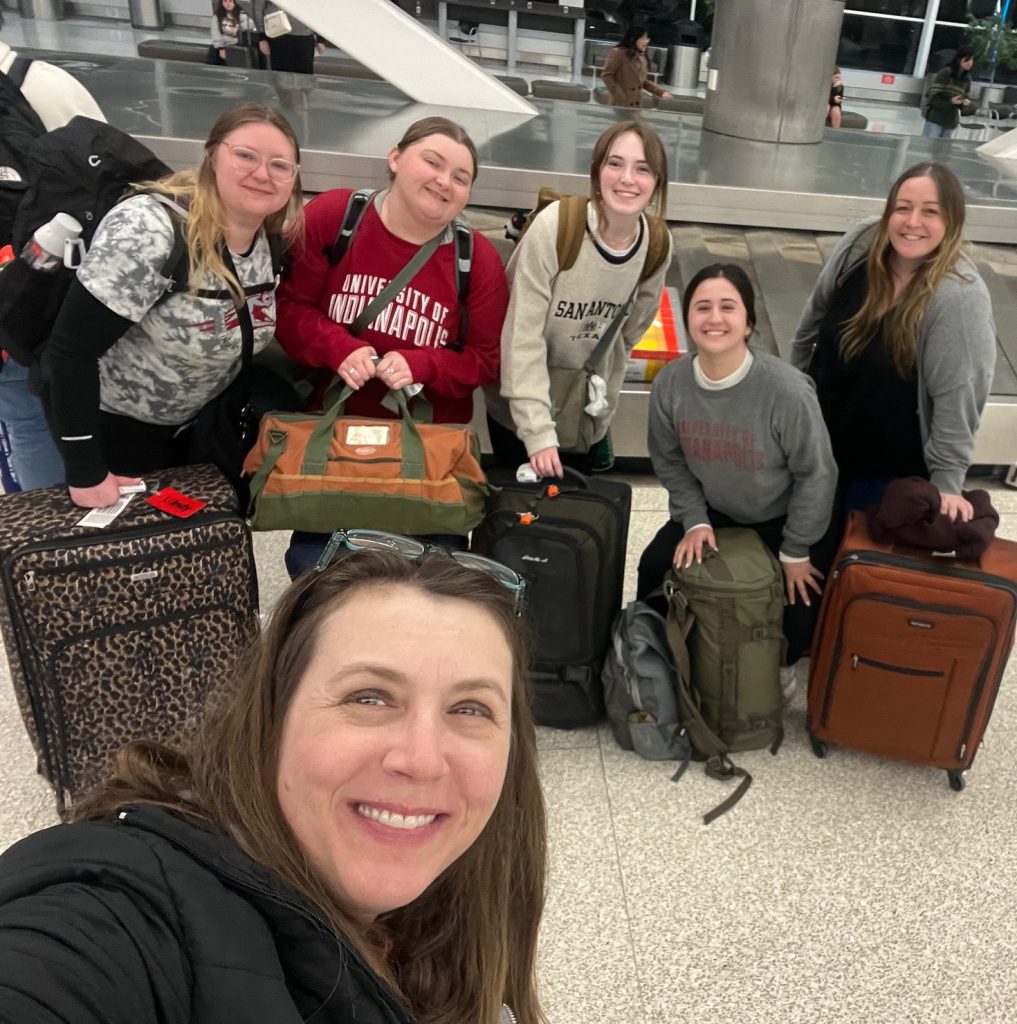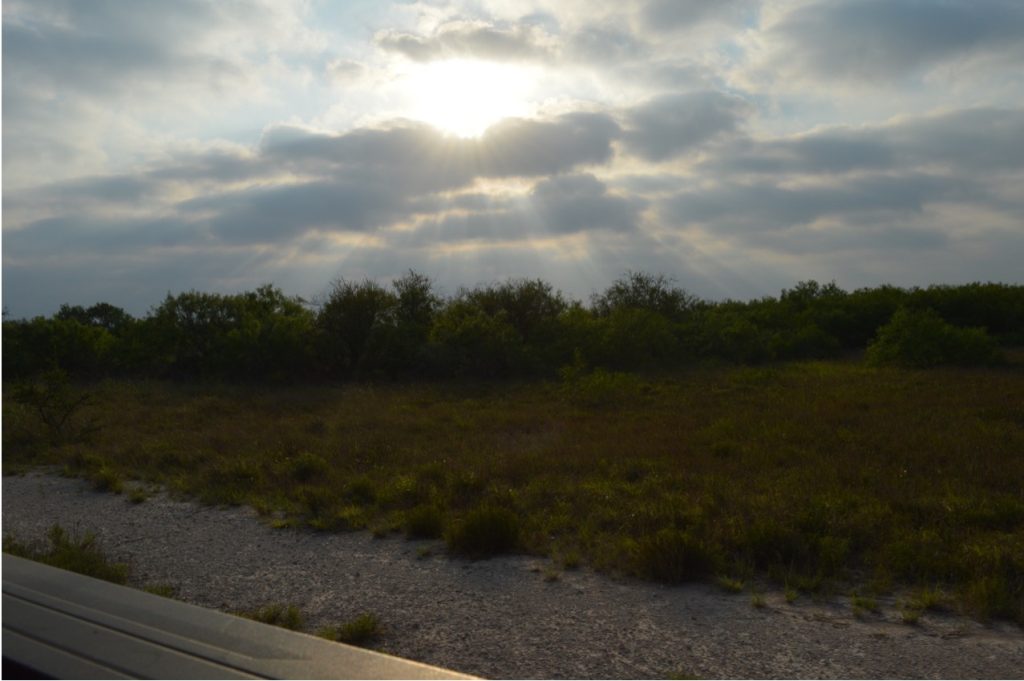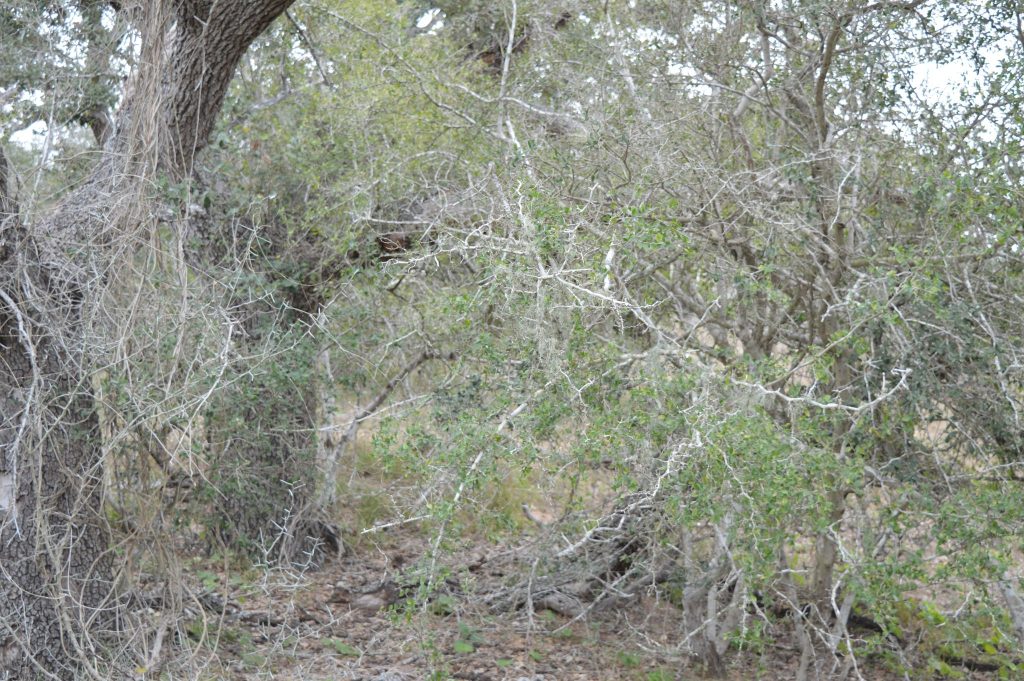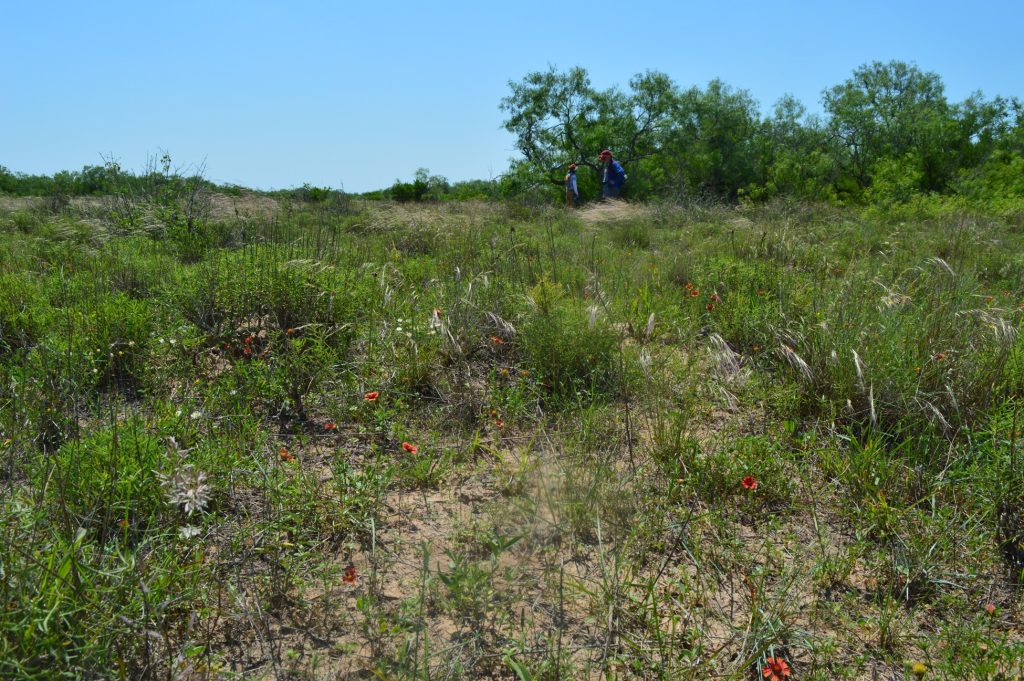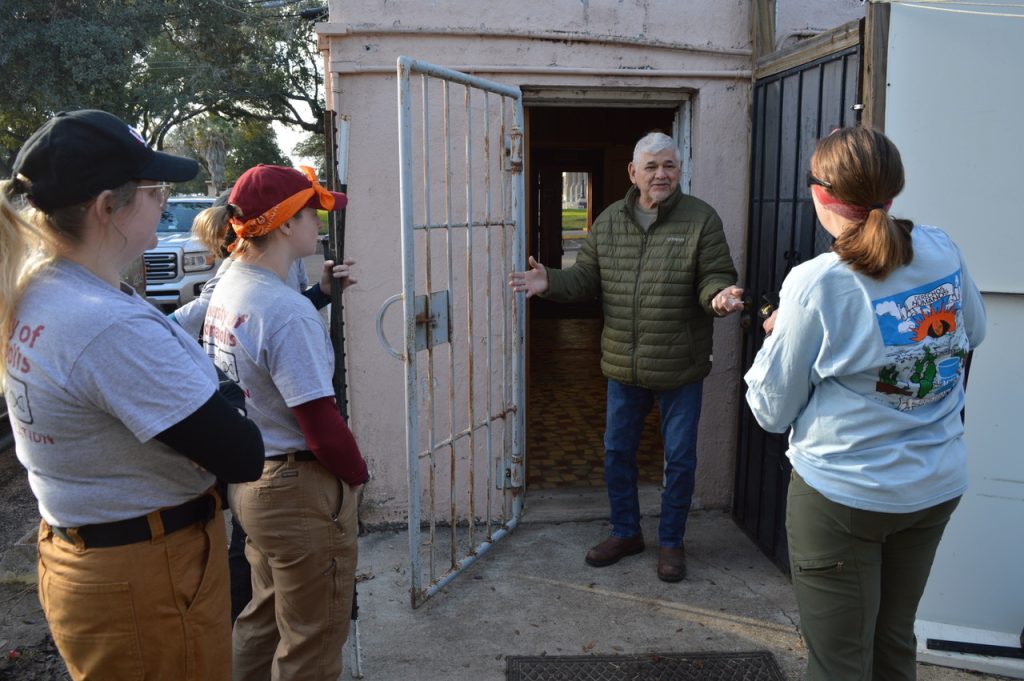“When I was a boy and I would see scary things in the news, my mother would say to me, “Look for the helpers. You will always find people who are helping.” ― Fred Rogers
This quote is commonly shared after tragic events like natural disasters to emphasize finding the good in every situation. Helpers are the ones that run into danger, fully aware of the potential risks as well as what needs to be done to provide aid and assistance. Helpers are the ones who extend kindness, calm fears and treat those in need with empathy and without judgement. Helpers often occupy a space where they witness pain and suffering, but they continue to aid because the heart of a helper is focused on acts of kindness over all else. As I reflect upon our time in the Texas Borderlands this year, I want to focus on the helpers. We have met many people that volunteer their time to aid in various capacities at the border out of a sense of responsibility and not for personal gain. This year we spent our time working with Deputy Don White and Paramedic Ray Gregory of Remote Wildlands Search and Recovery, who volunteer their time and resources year-round for search, rescue and recovery operations in Brooks County.
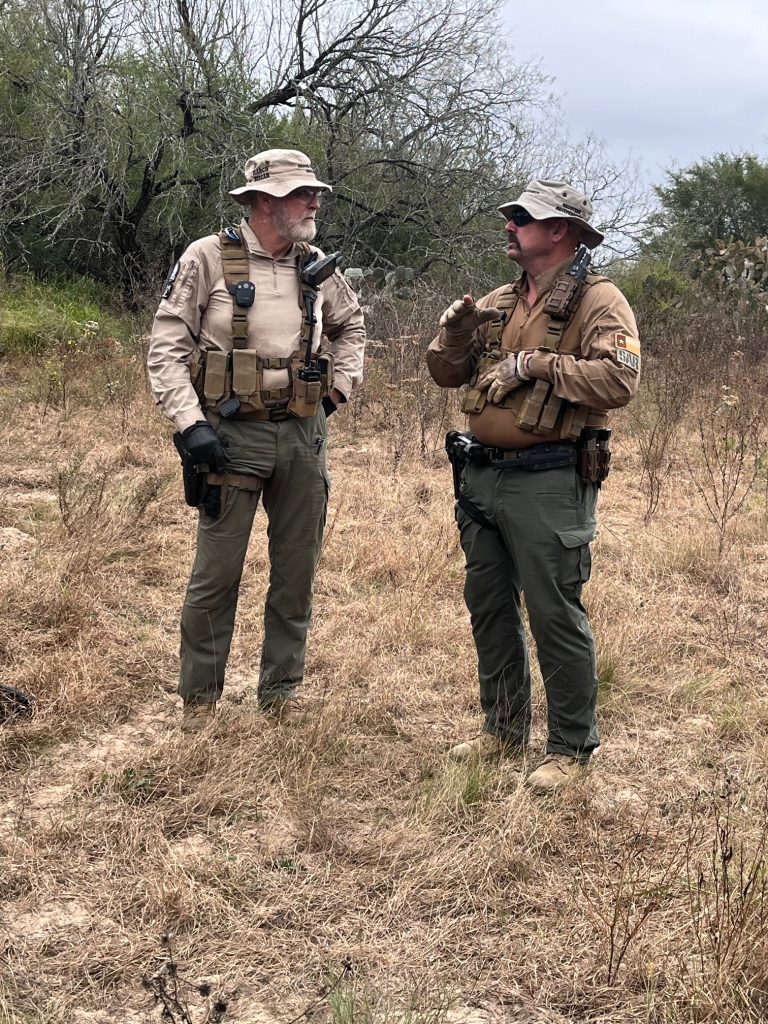
I enjoy our time talking with Don and Ray, learning more about them and hearing the stories of work they have done during the rest of the year. Don told us stories about the crosses he’s placed at recovery sites at the request of grieving families and the people he’s rescued and kept in touch with over the years. Ray told us he does this work because everyone deserves to be found. He says he does this because he would hope someone would do it for him or his family if they were in a similar situation. They have invested a lot into this work over the years, both financially and emotionally. They have stories of time away from paid work, specialized equipment they personally purchased, injuries they suffered in the field, and traumatic stories from survivors and of the things they have witnessed. But they also have stories about saving lives and bringing answers to grieving families. They are the helpers who run into the brush when everyone else is trying to get out of it.
The helpers we’ve met at the border are a diverse group of people that range in age, experiences, educational and technical backgrounds, beliefs and political affiliations but they all come together to provide aide. It demonstrates how the things we consider to be our differences don’t define us when faced with the harsh realities of the border where people are trafficked, assaulted, robbed, bribed and left for dead. It’s easy to ignore the situation when you haven’t heard the stories, looked in the eyes of parents fearful for the life of their children, translated desperate 911 calls for help, walked the clandestine paths through the brush or searched for the bodies of those that went missing. Once you experience this aspect of the border you never forget it and the helpers return again and again knowing the things they will see and the conditions they will face.
Our trip to Brooks County was successful in that we searched over 15 miles of clandestine wildlands and performed one recovery of an individual that will now begin the process of identification. We were able to learn new techniques from Don and Ray regarding search and recovery work in this environment as well as strategies for our own personal safety here. The trip was also successful in student growth. They honed their forensic skills, tried new things, met new people and got to experience a situation that challenged their assumptions and preconceived notions of the border. Thank you for reading and following our journey. The groups you read about this year are all volunteer. You can support them here if you feel inspired to do so.
Remote Wildlands Search and Recovery
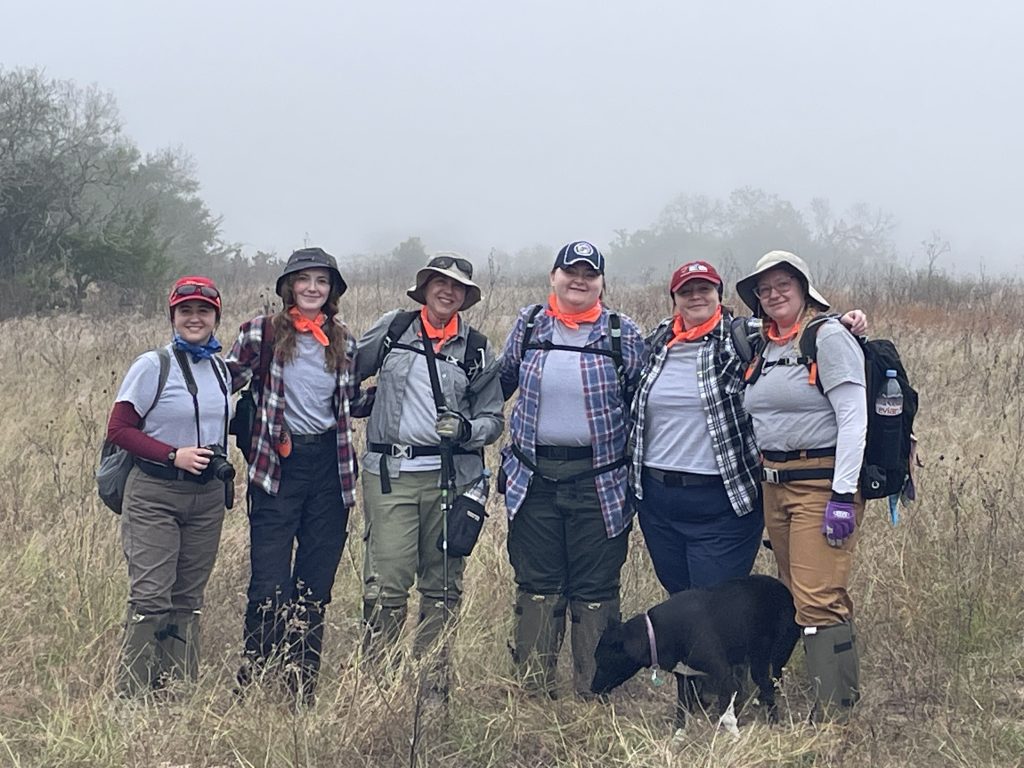
~KEL
